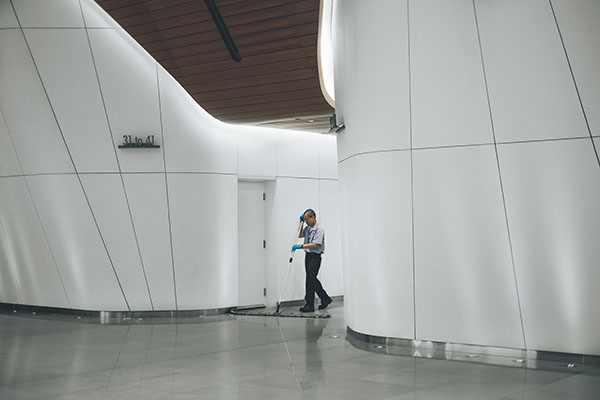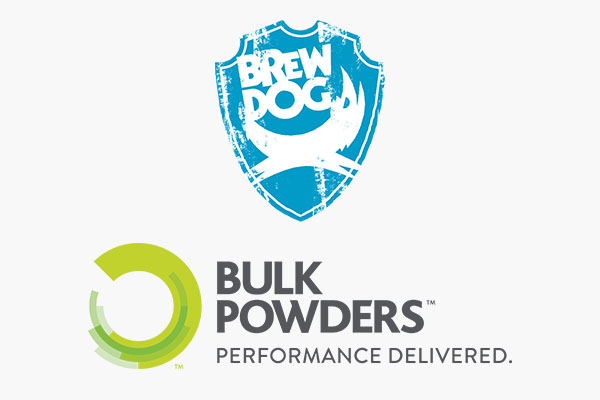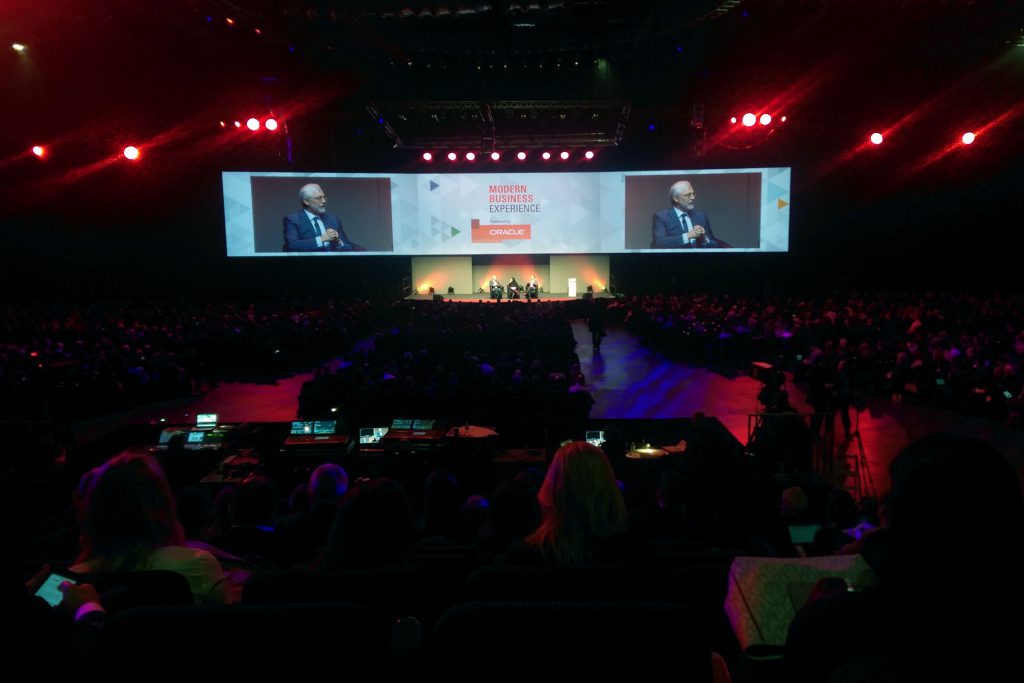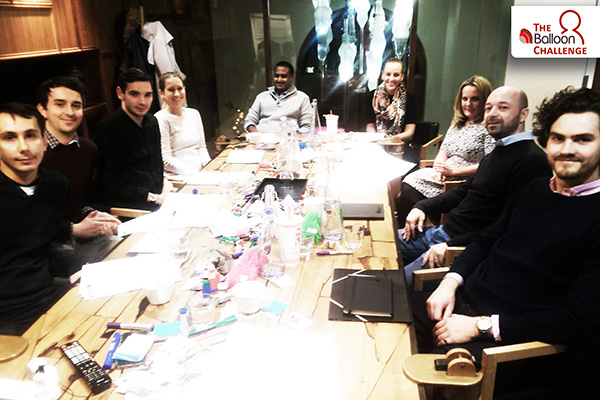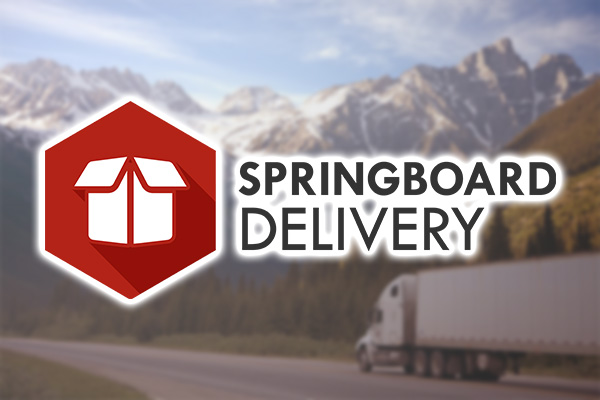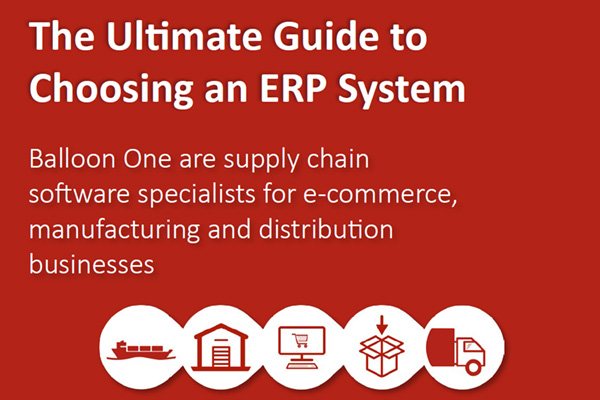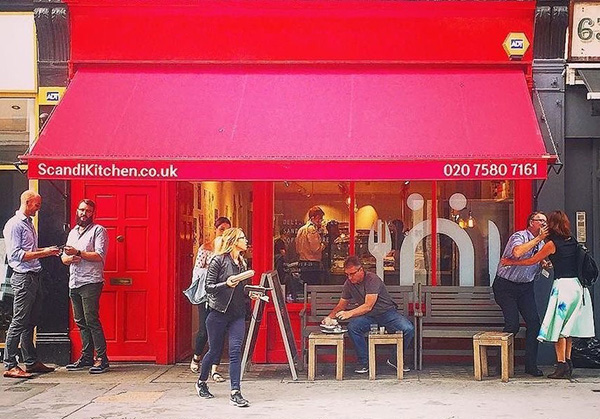Vital ERP Features for Cleaning Supplies Businesses
With all industries, there are key features to look for in a piece of software; ones that are crucial to how your company operates. For cleaning and hygiene businesses, rebate pricing models, margin management and accurate accruals are vital. Rebates One of our clients does enough business with its suppliers to earn more than a […]
Vital ERP Features for Cleaning Supplies Businesses Read More »
